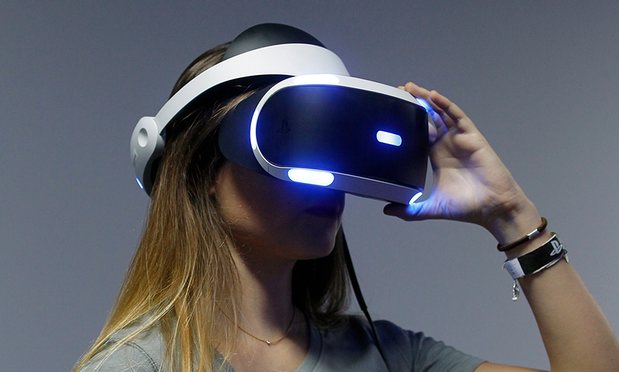
Venture capital fund looks to China start-ups that embrace virtual reality, internet of things
Yeung also said that in the IoT sphere interest is high for companion robots that take care of children and the elderly, as well as security solutions for IoT devices.
Virtual reality technology displays images close to users’ eyes and creates the illusion of being in a different environment, while IoT refers to a wide range of mobile devices linked online that can be controlled by smartphones and other devices.
Yeung said the initial plan of 500 Startups is to invest at least US$5 million in nascent Chinese companies this year.
Founded in 2010 in California’s Silicon Valley, 500 Startups makes investments in about 200 early-stage companies around the world each year.
In Hong Kong, it has funded entertainment website operator 9GAG and online shopping service provider Shopline.
Both the VR and IoT industries are expected to grow rapidly in China, according to iResearch. It forecast the number of VR device users on the mainland to reach 25 million in 2020, up from an estimated 1.4 million this year.
ABI Research projected revenue from IoT services on the mainland would exceed US$41 billion by 2020.
Facebook spent US$2 billion in 2014 to purchase VR headset company Oculus VR and rolled out the first consumer device in March. Sony plans to release its own VR device compatible with its PS4 game console this October.
Yeung said the company is also setting up a global fund for IoT devices with an emphasis on Chinese projects, though she did not detail the time frame or size of the fund.
500 Startups may wait for a long time before seeing returns from its investments in China, said Alex Ng, an analyst from China Merchant Securities (Hong Kong).
“IoT hardware takes a longer time to develop than software products,” he said.
“VR products are not widespread yet so it will also take time before content services can make a profit.”
Please confirm If you want to unregister
You have been unregistered from gradlink







